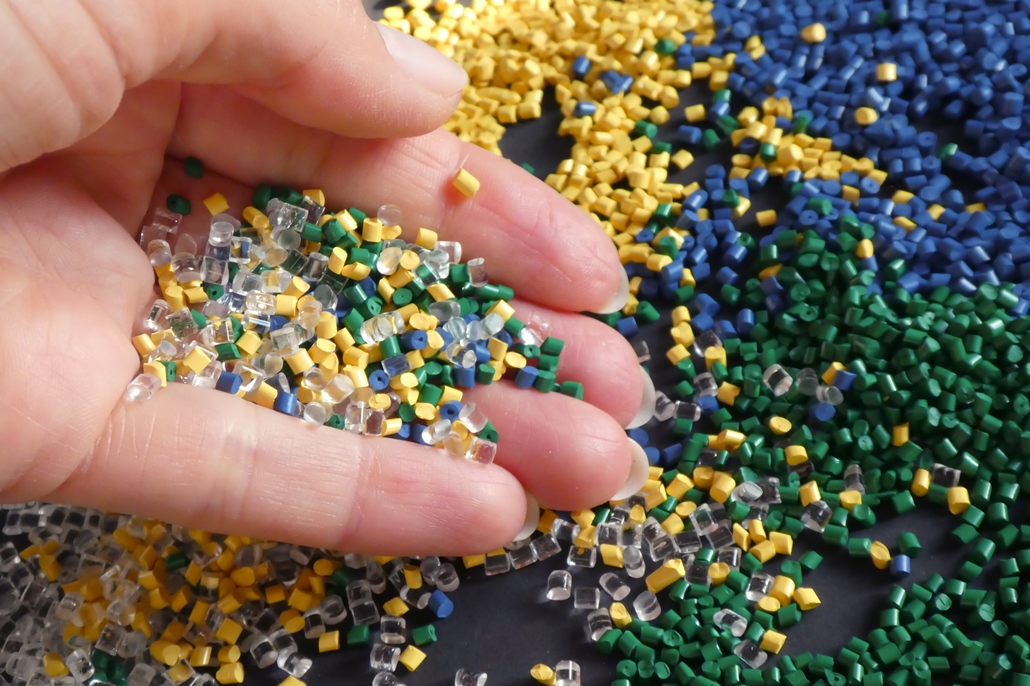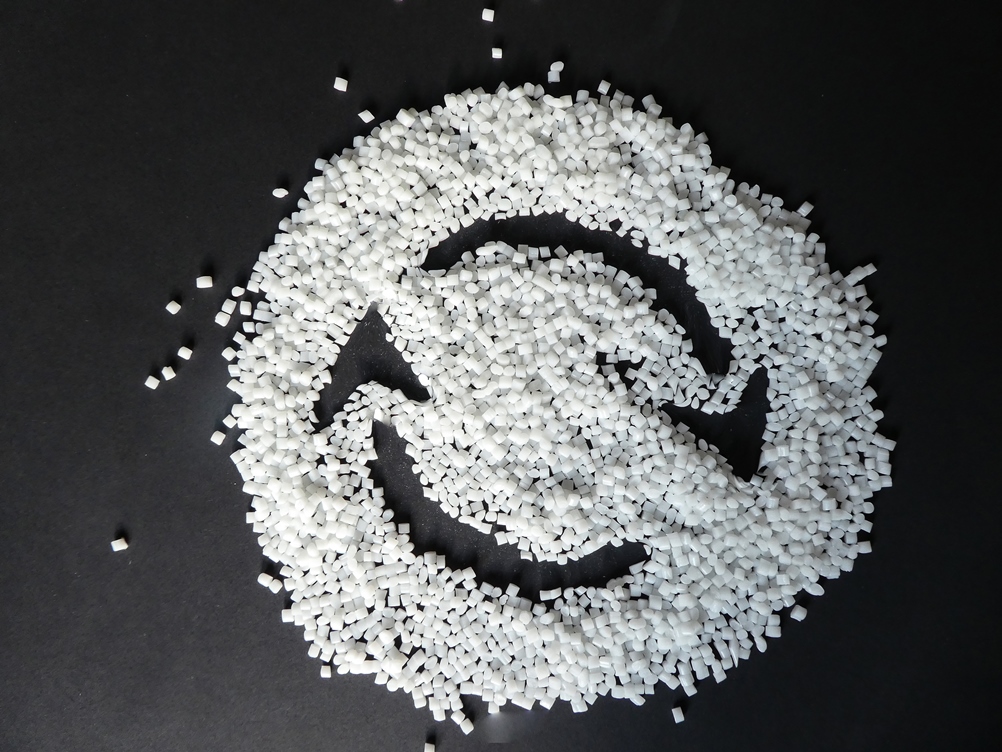Circular plastics economy: Things are rolling smoothly for plastics
The global release of plastics into the environment must be stopped. The Fraunhofer Cluster of Excellence “Circular Plastics Economy” concerns itself with how plastic must be designed so that it can be recycled, degraded quickly and without residues, or, at best, not be released into the environment. At K 2019, the five Fraunhofer Institutes involved are using the example of plastics to present the research approach that should convert energy flows and mate-rial streams in a recycling chain into a circular form of economy. Hall 7, Stand SC1.
350 million tonnes of plastics were produced worldwide in 2017, with around 65 mil-lion tonnes of this in Europe. Plastics are indispensable for resource-efficient products. Yet, as a result of inappropriate or inefficient recycling processes, too much plastic is still burned or released into the environment. There, it slowly weathers and releases mi-croplastics. The image of plastic as an environmental sinner overshadows the material’s high potential for the future.

The plastics economy must become circular
“We want to make the plastics value creation chain circular, to extract fewer fossil re-sources, use products for a long time, and reduce end-of-life losses,” Prof. Eckhard Weidner, director of Fraunhofer UMSICHT and head of the Fraunhofer Cluster of Excel-lence “Circular Plastics Economy”, summarizes what motivates the five participating Fraunhofer Institutes IAP, ICT, IML, LBF, and UMSICHT. “We want to reorganize the plastics economy. We are driving forward a rethink as regards the design, production, use, disposal, and recycling of plastics. This is a system-relevant task. We develop tailor-made system services in close cooperation with the plastics industry, the associated consumer goods and trading companies, and the circular economy.”
Child seats and transport boxes showcase circular products
In Europe, the packaging industry (approx. 40 percent) represents the largest area of application for plastics, followed by the construction industry (approx. 20 percent), ve-hicle construction (approx. 10 percent), and the electronics industry (approx. 6 per-cent).
The cluster is developing two demonstrators to showcase innovations for the manufac-ture and processing of circular products for plastics-intensive industries. A reusable transport container for booming online retail is being developed for the packaging in-dustry. The innovative shipping box is created through the recycling of plastic that has already been disposed of (recyclate), through an effective recycling system, and through the possibility of controlled degradation of material in the environment.
As a representative of other seat systems, a child car seat demonstrates a circular prod-uct with an interior made from recycled packaging, textile fibers made from renewable raw materials, and a multimodal and repair-friendly design.

Functional materials, new additive systems, and digital processes
On behalf of the Fraunhofer-Gesellschaft, five Fraunhofer Institutes, within the Fraun-hofer Cluster of Excellence “Circular Plastics Economy”, are researching how the sus-tainable transformation of the entire plastics value creation chain can take place under principles of the circular economy. The cluster conducts research into systemic, tech-nical, and social innovations within three divisions and six research departments.
Plastics from a sustainable mix of resources should be used, for instance, to develop functional and long-lasting materials and close material cycles. New additive systems also provide for stable recyclates and – where necessary – managed and time-con-trolled degradation in the environment. Efficient collection and transport technologies go hand in hand with new material recycling processes. Digitally mapped processes lead to optimal value creation cycles, and intelligent collection, sorting, and recycling technologies allow polymers and even monomers to be recovered and fed back into production. In addition, the cluster is working on innovative methods to establish effi-cient logistics and to evaluate products according to circular principles.
Benefits for the industry
“With a clever strategy for circular plastic products, industrial companies are tapping into the potential for material savings, leaner processes, and advanced recycling tech-nologies,” Dr. Hartmut Pflaum, head of the research cluster’s central office, summa-rizes the advantages of working with Fraunhofer for the plastics industry. “At the trade fair, we want to draw attention to our research work and show how we can support industrial partners in the analysis and optimization of their products and processes for a circular plastics economy.”
Industrial companies from the plastics industry are cordially invited to visit the joint Fraunhofer stand at K in Düsseldorf from October 16 to 23 to discuss possible ap-proaches to cooperation. Hall 7, Stand SC1.
 Fraunhofer Institute for Chemical Technology ICT
Fraunhofer Institute for Chemical Technology ICT